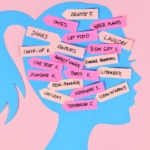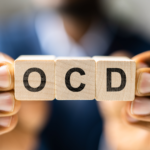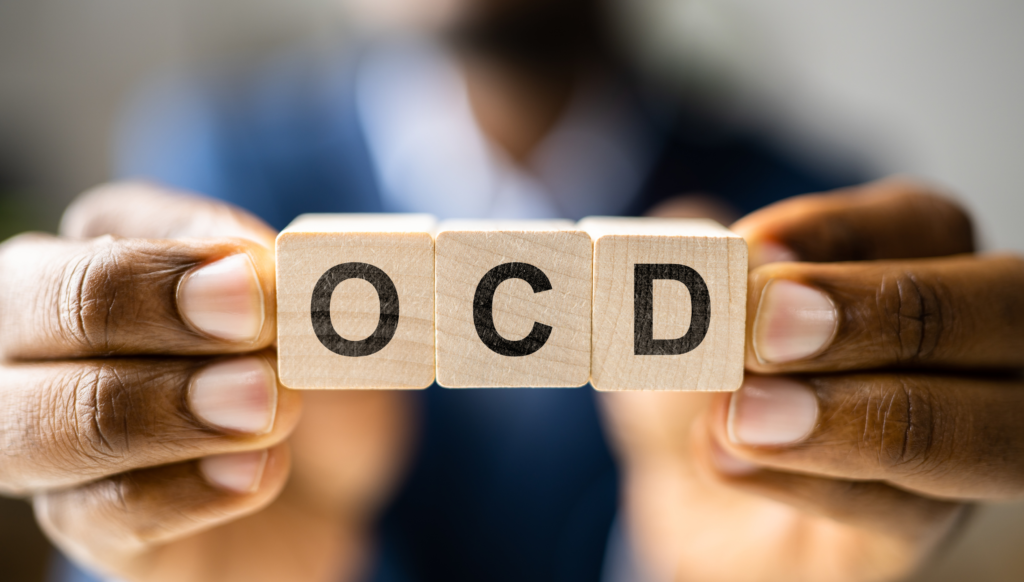Depression is a mental health condition that affects how you feel, think, and act. It’s not the same as feeling sad or down, which happens to everyone from time to time. Depression is more than just a mood—it can last for weeks, months, or even years. It affects daily life, making it hard to get out of bed, interact with others, or enjoy activities that once brought joy.
People often feel misunderstood when experiencing depression because, unlike physical illnesses, its symptoms are not always visible. Yet, it is just as serious and requires the same level of care and attention.
Common Symptoms of Depression
Identifying depression is the first step toward recovery. While the symptoms can vary from person to person, some common signs to look out for include:
- Persistent Sadness: A feeling of deep sadness that doesn’t go away, even when there’s no clear reason for it.
- Loss of Interest: Losing interest in activities you once enjoyed, like hobbies or spending time with friends.
- Changes in Sleep: Insomnia (trouble sleeping) or oversleeping.
- Fatigue: Feeling tired all the time, even without physical exertion.
- Changes in Appetite: Either eating too much or too little, leading to noticeable weight changes.
- Feelings of Guilt or Worthlessness: Constantly feeling like you’ve failed or are a burden to others.
- Difficulty Concentrating: Finding it hard to focus on tasks or make decisions.
- Thoughts of Death or Suicide: In severe cases, individuals may have suicidal thoughts or actions.
It’s important to remember that not everyone will have the same symptoms. Some may experience physical pain, while others might struggle emotionally. Recognizing the signs early can help in seeking the right treatment.
What Causes Depression?
Depression doesn’t have a single cause. It’s often a combination of factors. Some of the most common causes include:
- Biological Factors: Research shows that depression can run in families. If someone in your family has suffered from depression, you might be at a higher risk. Chemical imbalances in the brain, particularly in neurotransmitters like serotonin, also play a role.
- Psychological Factors: People with low self-esteem, those who are highly self-critical, or individuals who are overwhelmed by stress are more likely to develop depression.
- Environmental Factors: Life events such as trauma, the death of a loved one, job loss, or financial problems can trigger depressive episodes.
- Medical Conditions: Chronic illnesses like diabetes, heart disease, or cancer can also lead to depression. Additionally, hormonal changes, particularly in women during pregnancy or menopause, can contribute to depression.
By understanding the causes, you can identify potential triggers and take steps to mitigate the risk of developing depression.
Depression in Different Age Groups
Depression doesn’t discriminate by age. However, it can manifest differently in children, teenagers, adults, and the elderly:
- Children and Teens: Depression in young people often goes unnoticed because it can look like normal mood swings or behavioural changes. Signs to watch for include irritability, academic problems, and withdrawal from friends and family.
- Adults: In adults, depression may appear as overwhelming sadness, trouble concentrating, or work-related issues. Adults are also more likely to experience physical symptoms like headaches or stomach-aches.
- Older Adults: Depression in the elderly is often mistaken for aging. Symptoms like memory problems, fatigue, or withdrawing from activities might be seen as part of getting older but could actually be signs of depression.
Treatment for Depression
There is no one-size-fits-all approach to treating depression, but there are several effective treatment options:
- Therapy: Cognitive Behavioral Therapy (CBT) is a popular choice that helps individuals identify and change negative thought patterns. Other therapies, such as psychodynamic therapy or interpersonal therapy, can also be beneficial depending on the individual’s needs.
- Medication: Antidepressants are often prescribed to help balance brain chemicals. While they can be effective, it’s important to work closely with a healthcare provider to find the right medication and dosage.
- Lifestyle Changes: Simple changes in daily routines can make a significant difference. Regular exercise, a balanced diet, and ensuring enough sleep can help improve mood and energy levels. Avoiding alcohol and drugs is also essential as these substances can worsen depression.
- Alternative Treatments: Newer treatments, such as Repetitive Transcranial Magnetic Stimulation (rTMS) and Ketamine therapy, have shown promise for people who don’t respond to traditional treatments.
Supporting Someone with Depression
If someone you love is struggling with depression, you may feel helpless. However, there are ways you can offer support:
- Listen Without Judgment: Sometimes, people just need to be heard. Offering a listening ear without trying to fix the problem can make a big difference.
- Encourage Professional Help: While it can be tempting to offer advice, the best way to support someone is to encourage them to seek help from a therapist or doctor.
- Be Patient: Recovery takes time. Avoid placing pressure on the person to “snap out of it.”
- Take Care of Yourself: Supporting someone with depression can be draining. Make sure you are also looking after your own mental health.
Preventing Relapse and Maintaining Mental Health
Once someone begins to recover, it’s important to maintain mental wellness to avoid relapse. Some tips include:
- Staying in Therapy: Even after symptoms improve, therapy can help prevent future depressive episodes.
- Practicing Mindfulness: Techniques like meditation, yoga, and breathing exercises can help manage stress and keep depression at bay.
- Building a Support Network: Surrounding yourself with supportive friends and family can create a safety net during tough times.
Conclusion
Depression is a serious but treatable condition. By understanding its symptoms, causes, and treatment options, individuals can take control of their mental health. Whether you are personally struggling with depression or know someone who is, it’s essential to seek help and provide support. Remember, recovery is possible, and there’s always hope.





